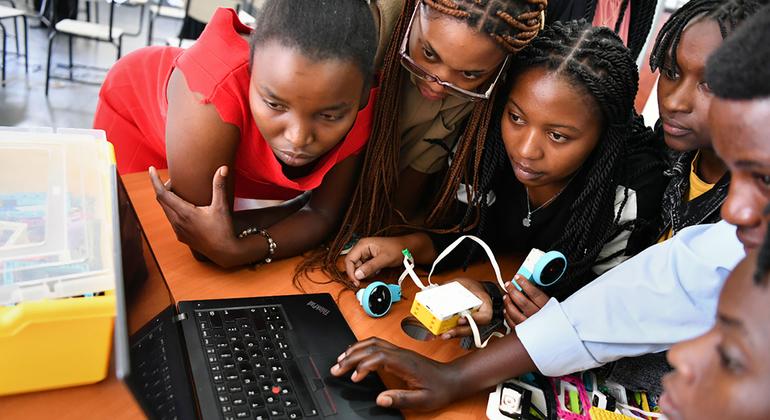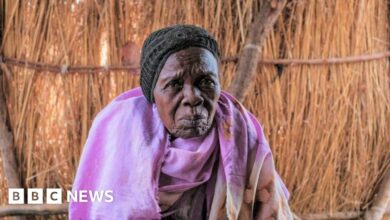Artificial intelligence: eliminating bias and stereotypes

During the High-Level Week of the United Nations General Assembly in September, the topic of AI was the focus of several side events attended by industry experts and UN officials.
In a session titled “Paving new paths for women in technology”, Mita Hosali, Deputy Director of the United Nations News and Communications Department, spoke with Sarah Steinberg, Director of Global Public Policy Partnerships at LinkedIn, Tami Bhaumik, Vice President of Civilization and Roblox Partnership and Hélène Molinier, Senior Digital Advisor Collaboration at United Nations Women.
Ms. Hosali began by describing the lack of female representation in the tech world: overall, about a quarter of those working in the industry are women, dropping to about 11% at the executive level. Women make up only 18% of AI researchers.
Ms. Steinberg responded, analyzing data from the LinkedIn platform showing that women are not only underrepresented, but their numbers are actually decreasing in hiring rates.
“When it comes to the industries and sectors that truly drive the future – STEM, the green economy, AI – we see women being underrepresented and not making enough progress to close the gap,” she warned. that way”.
Ms. Steinberg added that, in her view, AI will create new forms of employment, but “we have to be cognizant of the fact that it will reshape the jobs and skills we currently have.” ”: in the short term, she claims, “women are at greater risk of losing their jobs than men due to the introduction of AI tools in the wider economy”.

Girls participate in a science class at a school in Indonesia.
Give voice to the marginalized
Roblox, an online platform for creating games and experiences, boasts nearly 80 million daily active users. Ms. Bhaumik expressed optimism about the future and the promise of innovative AI in democratizing opportunities for women and girls and marginalized individuals.
Roblox, she said, can help “establish gender equality at all levels, making sure that the very, very faint voices in the background are actually brought to the forefront.”
Hélène Molinier addressed the issue of bias in the development of AI systems, which can have serious real-world consequences. Many products contain bias in areas ranging from image creation to chat bot moderation, she said. She reminded the audience that the decision to bring these products to market despite their flaws remains a human responsibility.
Bridging the AI gap
In another side event, Ms. Hosali interviewed Amandeep Singh Gill, the United Nations Secretary-General’s Special Envoy for Technology, on the issue of effective safeguards for AI and how to ensure that they are achieved. strike the right balance between providing protection and allowing innovation to flourish.
Mr. Singh said that current United Nations regulations, such as international treaties and commitments include Sustainable development goalsare useful instructions. Yet another concern is the lack of representation in the Global South in terms of infrastructure and talent.
Mr. Singh called for efforts to close the AI gap to focus on three areas: ensuring that lawmakers and decision-makers understand the importance of the technology as a public good add; providing local researchers and innovators with the data needed to help them build homegrown solutions; and international cooperation on sharing models has been implemented elsewhere.




